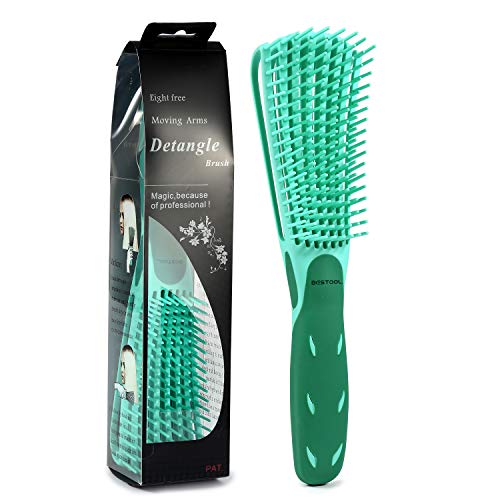If there’s something here you decide you just must have, we’ve provided links to the product websites. When you click on the link and make a purchase, Beasley Media Group may earn a commission. We are an Amazon Associate and earn from qualifying purchases.
Finding the right hair product can be a daunting task. With countless options out there, it’s like navigating a labyrinth of bottles and jars. You can’t forget that there are also various hair types, from 2B to 4C. It’s important to find the products that cater to your specific needs. Whether you’re seeking hydration for dry locks, frizz control for unruly strands, or volume for limp hair, the ideal hair product can transform your tresses. By understanding your hair’s unique characteristics and exploring the diverse range of formulas and ingredients, you can unlock the secret to achieving your desired hair goals.
During the summer, you want to consider UV damage, dryness caused by the sun, humidity, and excessive sweating. Increased sweating during summer can lead to scalp buildup, causing itchiness and interfering with hair growth. Maintain a healthy scalp and fresh-looking afro hair by regularly cleansing with a sulfate-free shampoo and following up with a moisturizing routine. While there are numerous sun protectors and anti-frizz serums available, the most effective, environmentally friendly, and cost-effective solution is to shield your hair from direct sunlight and extreme humidity.
The Heat
Warmer weather can cause dryness in afro hair. Protect your hair from dryness by using the LOC (Lotion, Oil, and Cream) method. After cleansing with a sulfate-free shampoo, follow up with a moisturizing lotion, oil, and cream to keep your hair looking fabulous this summer.
It can be frustrating when you keep trying one hair product after another, only to end up disappointed every time. The key is to know your hair type, as it serves as a starting point for understanding the best care practices and which products are most likely to work wonders for your locks. Another factor in your quest is understanding your hair’s porosity, which determines how it absorbs and retains moisture.
Now, damaged hair has different needs compared to healthy hair. If your hair is damaged, it might also be porous, which means products rich in protein can be a godsend. On the flip side, protein products might leave healthy hair feeling stiff and dry.
Caring For Your Hair
Let’s clear up a common misconception: oils and butters are often mistaken for moisturizers, but they’re actually more effective at sealing in moisture and preventing moisture loss. True moisturizers are water-based products. Keep in mind that some stylers are moisturizing, while others are designed specifically for styling purposes. When you understand the proper usage of different products, you can set realistic expectations and achieve more satisfying results.
Every natural hair routine should include shampoo, conditioner, moisturizer, and a sealant (such as oil or butter). Styling products are optional and depend on your preferred hairstyle. For those who frequently rock braided extension styles, a light moisturizing spray is a great addition. If you love roller sets, a setting foam is a must-have. And for gorgeous wash n’ go curls, you’ll need a quality defining gel that provides both definition and hold.
Take the time to educate yourself about beneficial product ingredients and those that might not be the best for your hair’s health. Sometimes, a product may seem promising because it highlights its nutrient-packed formula on the packaging, but if those ingredients are listed toward the end of the ingredient list, you may not get the desired results.
If you live in an area with changing seasons, be prepared to adjust your products accordingly. Some ingredients work better in certain weather conditions. For example, glycerin can lead to super frizzy hair in humid weather, but it might be your best friend in other climates.








